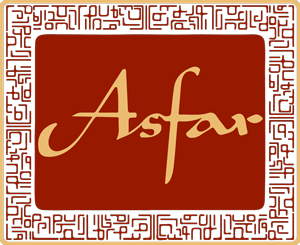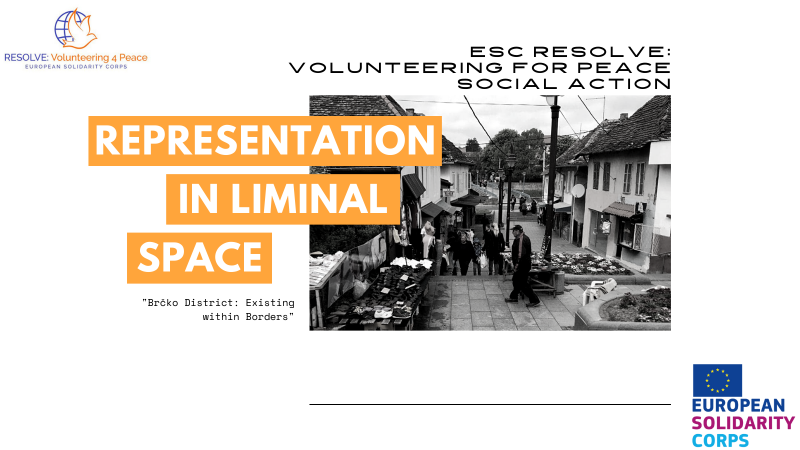After studying Economics and Modern History at university, Siobhan has chosen to volunteer with Asfar and Svitac in Brčko, Bosnia and Herzegovina. Identity politics had been at the heart of Siobhan’s studies, with a particular geographical focus on Southeastern Europe and the Former Yugoslav States. The culmination of her university career was marked by her geopolitical dissertation on the relationship between the European Union and its Southeastern frontier.
Historically borders have been drawn but what constitutes them? Frontiers are lines that are conceived cognitively before being imposed physically. So, what aspects form the basis of geographical and political separation? Moreover, what becomes of the spaces that exist on the threshold between the entities which are separated? Such areas have come to be recognised as ‘liminal’. A place of in-between, existing yet not entirely belonging to here or there.
The Socal action project ‘Representation in liminal space’ by Siobhan Coleman, an ESC volunteer on the project RESOLVE: Volunteering for Peace, will continue the work of her university career, but from within a space conventionally defined by scholars as ‘liminal’. Her project will identify and explore several aspects of society and culture to understand the formation of identities in the region.
Article 1: Brčko District: Existing within Borders
Borders constitute how we define an area. Not only do they distinguish one region from its neighbour, they also create a narrative which constitutes this division. This article identifies and explores the future possibilities that face identity construction in spaces experiencing such geopolitical turmoil.
Check the full article below:
Article 2: ‘Youth: Representation and Participation in the Western Balkans’
Today there exists a delicate distinction between moderation and censorship in journalism. The evolving nature of online media platforms has allowed such networks to play a large part in youth culture. Although they also act as major political tools.
Social media could reinvigorate youth participation in politics, yet who do we deem as the legitimate authority to regulate a global market of information transfer?
Check the full article below:
Article 3: ‘Art and Identity in Peacebuilding’
With the current war in Ukraine and an eruption of mass political upheaval on the continent, art in this way could become increasingly relevant for Western politics. Ukraine’s win in Eurovision 2022 is a paramount example of this. Can art today be utilised in the Balkan region in order to build sustainable peace or is it too late to distinguish it from the backdrop of nationalism? Today, art remains a large part of self-expression and identity. When considering the role of art in Bosnia and Herzegovina, there remains a trade-off between whether it is bringing people together or deepening ethnic strife.
Check the full article below:

